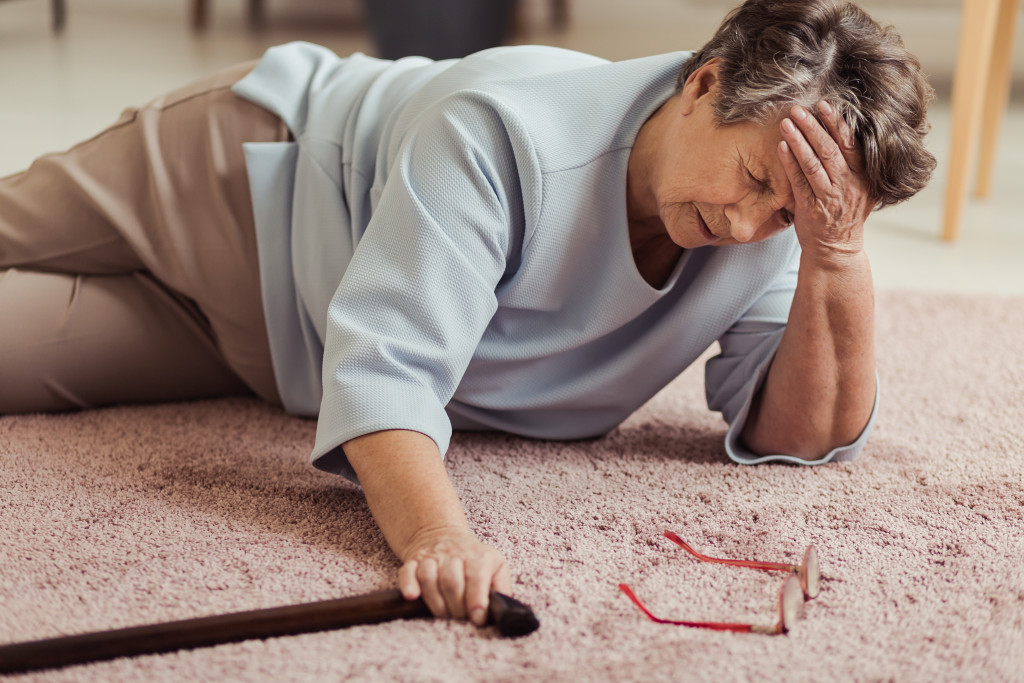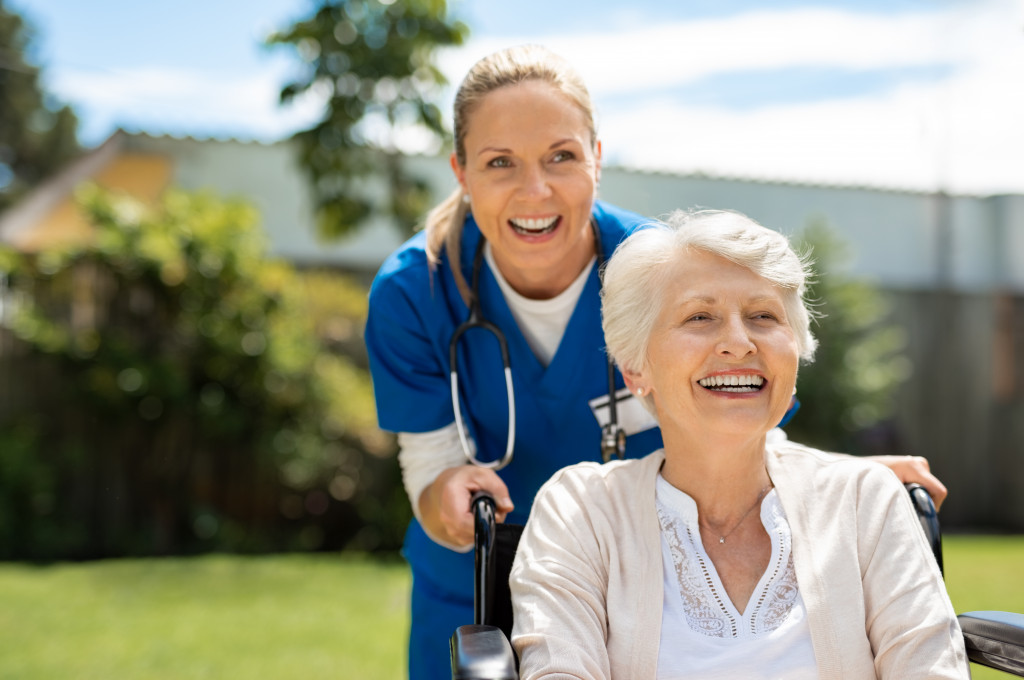Despite vaccinations continuing in different parts of the country, new variants continue to threaten the safety of the people in our local communities. Aside from unvaccinated individuals, the elderly are one group who are most at risk for severe illnesses due to COVID-19.
As the virus rages on, your community can help out the elderly in ways that prioritize both their mental and physical health. Come together to offer your support because the pandemic has continued to limit the mobility of older adults and the activities they can do safely.
Ways to Support the Elderly in Your Community
Support the older adults in your community by offering assistance for everyday activities. Here are some ways able-bodied individuals in your neighborhood can provide help:
1. Help them maintain access to healthcare services
The elderly are not always equipped for the prolonged period in which they have to stay home to keep safe from the virus. This hinders their ability to visit the doctor and get their regular checkups.
In a time when physical visits to the hospital could compromise the safety of older adults, offer help in setting up their telehealth services, so they can easily contact their doctor. The good news is that there are hospitals that have innovated through ServiceNow healthcare IT solutions, which allows patients to remotely access information much more conveniently.
2. Offer assistance in using devices
Technology is one area that many older adults may have trouble with on their own. Offer tutorials on how to answer and make video calls on certain platforms so that they can keep in touch with their family and friends who are away. Make sure to help them in using both a mobile phone and a computer, as they may need both.
If they give you permission to, you can also contact family and friends on their behalf to inform them of the current health status of the elderly individual. Help them configure their devices for future video calls, too.
Aside from calls, help them access apps that can assist them throughout the day. These can address health concerns, such as exercise and health tracking apps, or even apps that assist with specific challenges, such as sight and hearing challenges.

3. Devise a protocol with them in case of an emergency
Another way to ensure the safety of the older adults in your neighborhood is to create a system with them in the event that an emergency occurs. When they are aware of the steps they should take should they need immediate assistance, there will be much less stress on their part. It will also enable a quicker response.
Help them set up an emergency contact or two to put on speed dial. Ideally, choose an emergency contact who lives nearby so that they can attend to your elderly neighbor should they need anything. Clearly label other important numbers, such as other people in the neighborhood, COVID-19 hotlines, and family members.
4. Run errands on their behalf
Since some elderly individuals may not have the capacity to go out, able-bodied people in your community should deliver essentials to their homes. These are grocery items such as fruits, vegetables, bread, and other items. Include toiletries in your deliveries, too.
Look at their medical supplies and make sure they have things in stock. Should these services be available in your area, help them set up grocery and medication deliveries through their phones so that they can freely choose the things they need in their homes next time.
5. Check in on them regularly
The need to physically distance can feel immensely isolating, especially for older adults who are more used to spending time with their loved ones in person. Make it a community responsibility to check on your elderly neighbors and make sure they feel connected with their loved ones and the people in your community.
Make sure, too, that every person in charge of checking in on the older adults in your neighborhood are aware of and practice strict physical distancing protocols when they visit. As much as possible, though, limit these personal visits to avoid the risk of virus transmission.
6. Keep yourself safe from the virus
Finally, as your community makes an effort to make sure that the elderly are safe and healthy in the middle of the pandemic, make just as much of a conscious effort to keep yourselves safe. See yourselves as an extension of the people you are taking care of and apply utmost care in interacting with them.
Remember that everyone has a responsibility in keeping the people around them safe, and that means taking good care of yourself, too.

